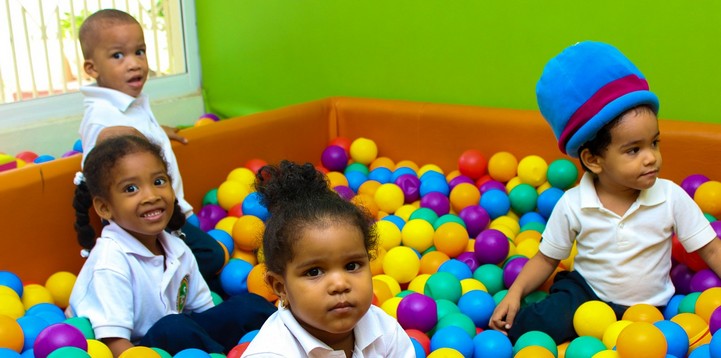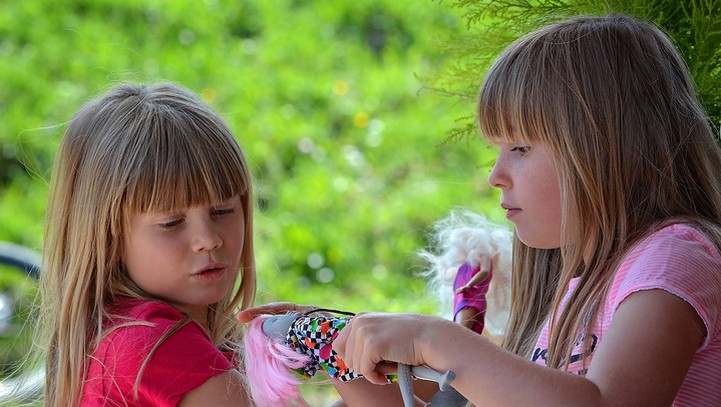
Children of different ages need different types of care and nurturing. Quality child care programs help children grow in all areas of development: physical, intellectual, social, emotional, language, moral, and spiritual domains.
Child care providers need to understand how children of different ages grow and learn in order to provide warm, sensitive care and positive learning experiences. Positive learning experiences help young children’s developing brains make and strengthen the connections they need to succeed.
There are many different ways to …






